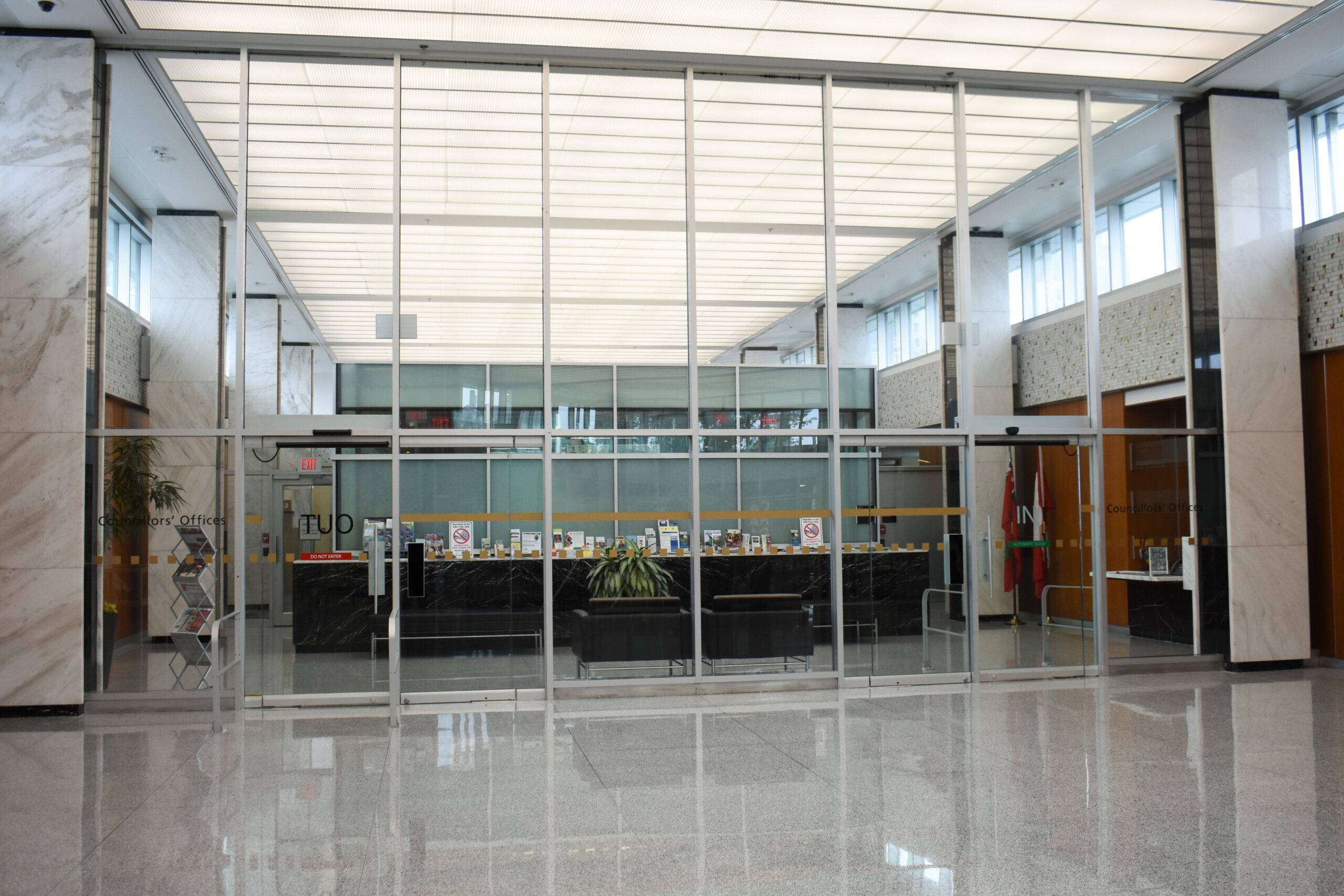One of the last Acts of the previous Ontario Liberal government was granting Ontario’s municipal councils the power to hold secret email meetings by changing the definition of meeting in the Ontario Municipal Act.
The new definition says a meeting for the purposes of the Municipal Act is only when a quorum of Council members comes together in the same physical space.
Previously, conducting meetings and debates via email or other electronic means was illegal under the Act. Secret email and electronic meetings are now legal.
On June 13, 2017, Mayor Fred Eisenberger convened an email meeting of Council stating that he wanted a former old City of Hamilton Alderman Terry Anderson to be appointed to the seat.
Two minutes later, the Ontario Ombudsman’s report into the meeting states “one member of council responded to the group that he felt the individual would be a good choice”.
With that the deal was done.
Due to the new definition of meeting, the Ontario Ombudsman was required to find the email meeting did not contravene the Ontario Municipal Act.
The new definition of “meeting” in the Act requires that a quorum be present, such that an exchange of emails cannot be considered a meeting subject to the open meeting rules. In the interest of openness and transparency, municipal councils should continue to avoid conducting business outside of a formal meeting.
Former City of Hamilton Alderman Terry Anderson was appointed to the Ward 7 seat on August 17, 2018 by City Council.
Ward 1 Councillor Aidan Johnson and Ward 3 Councillor Matthew Green both voted against the appointment in protest of the process, including the email meeting.

